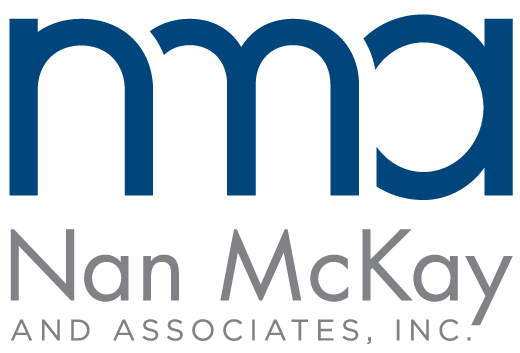HUD Issues Guidance on New PH Income Limit
Today in the Federal Register, HUD’s Office of Public and Indian Housing (PIH) published a notice titled “Housing Opportunity Through Modernization Act of 2016: Final Implementation of Public Housing Income Limit.” The 5-page notice’s “applicable date” is September 24, 2018.
As explained in the notice, the Housing Opportunity Through Modernization Act of 2016 (HOTMA) imposes an income limit on public housing residents. The law applies to families whose income has exceeded 120 percent of the area median income (AMI) for two consecutive years. PHAs must either terminate the tenancies of such families within six months of the second income determination or must charge the family a monthly rent equal to the greater of (1) the applicable fair market rent, or (2) the amount of monthly subsidy for the unit including amounts from the operating and capital fund, as determined by regulations.
For purposes of the notice, the income limit established by HOTMA will be referred to as the ‘‘over-income limit.’’ HUD may adjust the applicable percentage of AMI above or below 120 percent based on housing costs in the PHA’s jurisdiction.
Highlights of the notice include:
- The over-income limit does not apply to PHAs operating fewer than 250 public housing units that are renting to families with income exceeding the over-income limit, if the PHAs are renting to those families because there are no income-eligible families on the PHA’s waiting list.
- Each PHA must submit a report annually to HUD about the number of families residing in public housing with incomes exceeding the over-income limit and the number of families on the waiting lists for admission to public housing projects. Such reports must be publicly available.
- The existing regulation at 24 Code of Federal Regulations 960.261, which authorizes discretionary termination of tenancies of families whose incomes exceed the applicable income limits for admission to the program, remains in effect.
- HUD intends to provide guidance on how to notify families, track over-income families, and report into HUD systems.
PHAs must revise their admissions and continued occupancy policies (ACOPs) to comply with today’s notice. Revisions to the PHA’s annual plan may be required if implementation of the rule constitutes a significant amendment. Policies must include the imposition of an over-income limit in the program, all instances of when the two-year timeframe begins, and notification requirements. Policy and plan revisions must be completed no later than six months after the effective date of the notice (by March 24, 2019).
Finally, the notice describes implementation steps as follows:
- When the PHA becomes aware, through an annual reexamination or an interim reexamination for an increase in income, that a family’s income exceeds the applicable income limit, the PHA must document that the family exceeds the threshold to compare with the family’s income a year later.
- If, one year after the initial determination by the PHA that a family’s income exceeds the over-income limit, the family’s income continues to exceed the over-income limit, the PHA must provide written notification to the family that their income has exceeded the over-income limit for one year, and that if the family’s income continues to exceed the over-income limit for the next 12 consecutive months, the family will be subject to either a higher rent or termination of tenancy based on the PHA’s policies.
- If, however, a PHA discovers through an annual or interim reexamination that a previously over-income family has income that is now below the over-income limit, the family is no longer subject to these provisions. The family is entitled to a new two-year grace period if the family’s income once again exceeds the over-income limit.
Today’s notice does not address the following issues, which will be covered in subsequent notices:
- PHA determination of the amount of monthly subsidy for a unit
- The requirement to submit an annual report on the number of over-income families and the number of families on the public housing waiting lists
Questions may be directed to HUD program analyst Todd Thomas or to HOTMAquestions@hud.gov.



